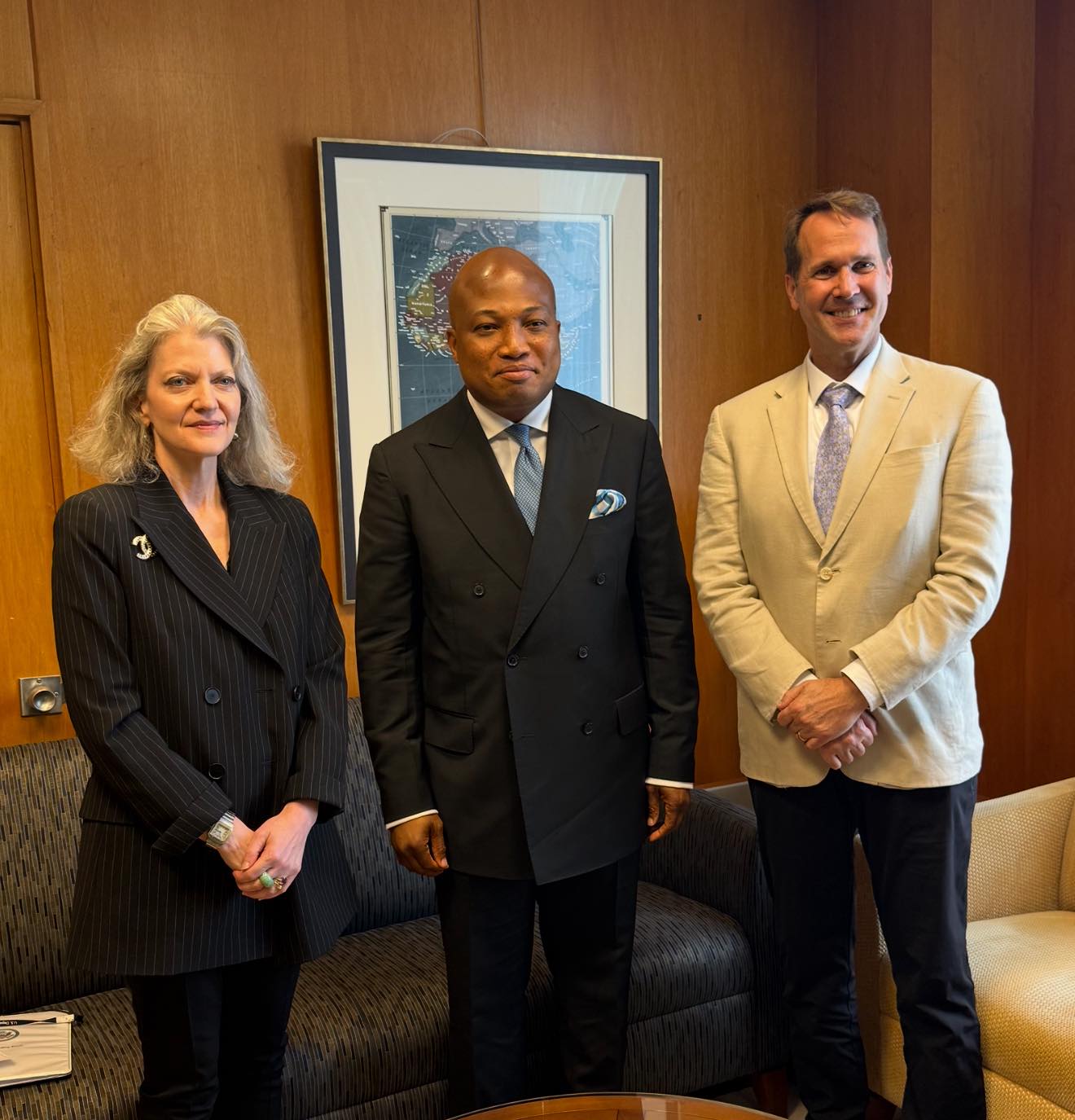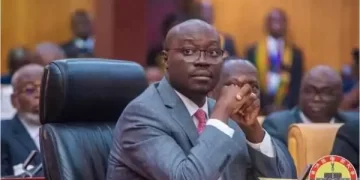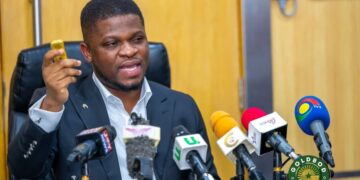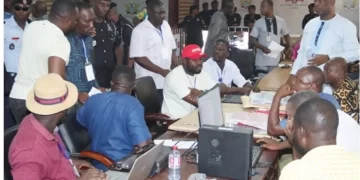
The Minister of Foreign Affairs, Samuel Okudzeto Ablakwa has been hosted at the US State Department earlier on Monday June 30 by Under Secretary for Political Affairs, Allison M. Hooker and Ambassador Troy Damian Fitrell of the Bureau for African Affairs.
Mr Ablakwa revealed that they had great discussions on a wide range of Ghana-US bilateral cooperation.
In a post on his X page after the engagement, he said, “President Mahama’s government is determined to take all necessary and strategic steps consistent with our national interest in ensuring that Ghana is not affected by the much-talked-about impending US visa ban.
“We expect a positive outcome for Ghana and the strengthening of Ghana-USA relations. For God and Country.”
Samuel Okudzeto Ablakwa earlier disclosed the reason behind Ghana being flagged as one of the countries to be affected by a visa ban from the United States.
It could be recalled that The Washington Post recently reported that the Trump administration is considering adding Ghana, 35 other countries to the travel ban list.
Addressing the press on Thursday, June 26, 2025, the Minister confirmed that indeed Ghana will likely face a US visa ban.
He explained that, per engagements with the US authorities, they claim that the decision has become necessary due to the number of visitors overstaying in the US, particularly students.
Ablakwa said per the data from the US authorities, 21% of Ghanaian students who have completed their studies have defaulted on the stay period.
“The US officials have communicated to us that the challenge we face really relates to overstays, particularly with students. Students whom we have been sending abroad to study, so students who go on government scholarship and those who go on their own and apply to study in the US.
“They have formally communicated to us that 21% is the default rate. 21% of those who completed their course refuse to return, according to US data,” he revealed.
The Minister emphasised that Ghana would have been exempted if its overstay default rate was 15%, but the US authorities have made it clear that 21% exceeds the pardon limit.
“They have told us that they would permit countries doing below 15% but if you are doing above 15% then you will be flagged for further actions,” he added.
Nevertheless, Ablakwa noted that engagements with the US authorities are proceeding positively.
“The engagements are going well because US authorities have confirmed to us that apart from overstays, other matters to do with terrorism, harbouring criminals and refusing to be deported, we don’t fall within that category,” he explained.
The ban, according to US authorities, will affect countries not complying with some 12 criteria that they have outlined.
“Those 12 items that have been formally communicated to us vary; they cut across a wide array of matters of concern to them.
“They include terrorism, countries that fund terrorism, countries that have become havens for violent extremists to operate, then they are also talking about countries not cooperating with the ongoing efforts that the Trump administration is carrying out, then there are issues with overstays so countries that have a high rate of overstays.”





















